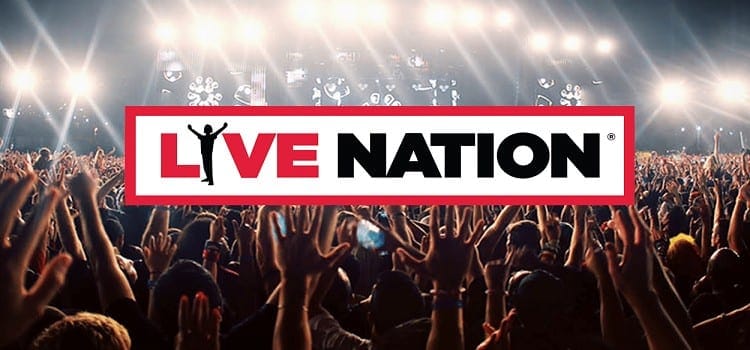Bear Ribs
Well-known member
There is no hand of the market or free market involved. Ticketmaster's success is heavily based on anti-competitive and anti-market behavior. They're known for retaliating against venues that sell tickets through other services, directly threatening customers and venues, and coordinating with scalpers to drive up prices (in some cases keeping as many as 90% of the tickets from being sold to the public!). Their merger with Live Nation should have been blocked entirely given how anti-monopoly laws work, but they had sufficiently bribed lawmakers to do it anyway.Ticketmaster is widely hated by customers for a reason. And yet, the free market's final verdict is that they're a massively successful company and none of the whining and bitching customers do translates into not doing business with them, even though literally everything they sell is a frivolous luxury which no one actually *needs*, which you'd think would make them fall over themselves to make customers happy.
Honestly, the hand of the market clearly says, "Be Ticketmaster."
Yes of course they're successful, cheating tends to work when you get to be "too big to fail." You might as well say the free market has dictated that Police are more successful at collecting speeding tickets than civilians are.

Live Nation and Ticketmaster Face Class-Action Antitrust Lawsuit
Ticketmaster and its Live Nation parent company are facing a class-action antitrust lawsuit from multiple U.S. customers.

Ticketmaster Sued Over Allegedly Anticompetitive Ticket Resale Practices
Ticketmaster finds itself facing a lawsuit over claims that its resale practices constitute anticompetitive behavior under California law.

Live Nation, Ticketmaster Again Sued for Anti-Competitive Activities
Ticketmaster and Live Nation have been targeted by yet another lawsuit accusing the entertainment giant of monopolizing the concert and ticketing
 www.ticketnews.com
www.ticketnews.com

Swifties’ Suit Seeks $2,500 Per Ticketmaster Antitrust Violation
A lawsuit alleges Ticketmaster's parent Live Nation violated California antitrust laws that if proven could result in big fines. But Wall Street estimates the stock is 50% under-valued.
 www.forbes.com
www.forbes.com
Congrats on utterly missing the point.To be fair, that's a *lot* more food than one portion of fancy mac and cheese. All but one of those items are in the $12-$16 range, which actually puts this towards the low end of the 'family restaurant' range, it's just that these customers had eight food items plus drinks.
Also, restaurants are a little weird because they're the one place where you order *and consume* the product before paying for it. Just about all other retail *do* show a complete up-front price with fees before you finalize the purchase.



